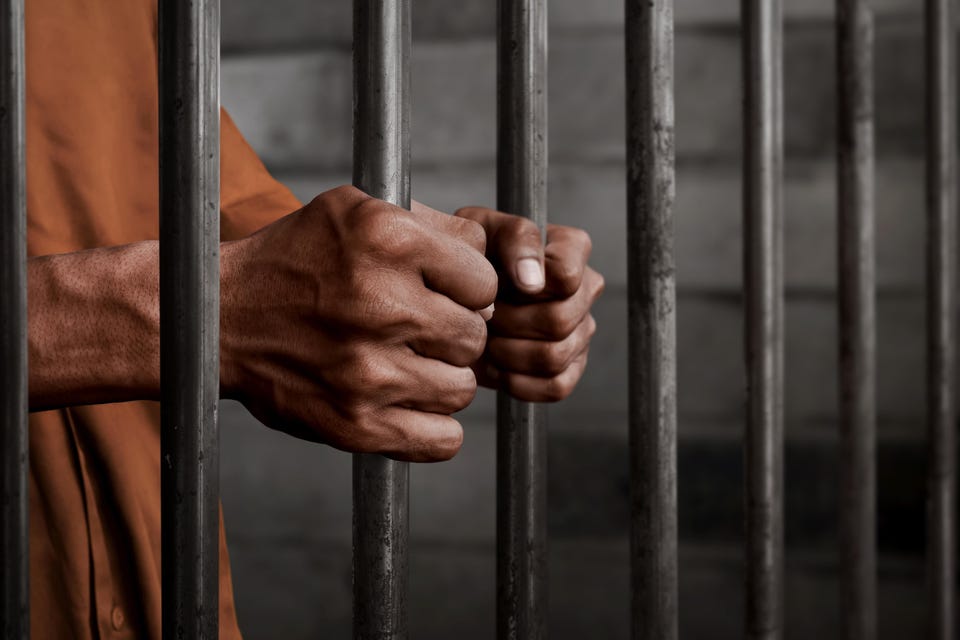Best of Johannesburg
Arrest, Detention, or Questioning: Know Your Rights in South Africa 2025

When the handcuffs click: what happens during an arrest
In South Africa, an arrest means exactly that: a person is physically taken into custody so that they can be brought before a court. This is far more serious than simply being asked a few questions by the police. The legal basis for arrest is governed by the Criminal Procedure Act 51 of 1977 (for example, section 40 when an officer witnesses a crime), and it sits against the backdrop of the rights defined in the Constitution of the Republic of South Africa, 1996, particularly section 35.
From the moment a person is arrested, they must immediately be informed of the reason for their arrest, their right to remain silent, and the consequences of not exercising that right. They must also be told they will appear in court without unreasonable delay, and as a rule, this must be no later than 48 hours after arrest (except where weekends or public holidays intervene).
Because an arrest is a major deprivation of liberty, it triggers a full suite of constitutional safeguards.
Holding cells and beyond: what detention involves
Once you’ve been arrested, detention is the stage that follows. It means you are being held in custody, whether in a police station, jail, or other authorised facility, pending either release or remand in custody. The key is that you’re no longer just held until your first court appearance: the decision-making shifts from the on-the-ground police officer to a judicial officer. At that point, bail or remand is considered.
People who are detained have specific rights: they must be told the reason for their detention, they must have access to communicate with family and a legal practitioner, and state-funded legal representation must be assigned if it would otherwise lead to substantial injustice. Accommodation, food, medical treatment, and the ability to exercise also fall under the umbrella of “conditions consistent with human dignity.”
Unlawful detention is not a mere technicality. Even if the arrest itself was lawful, wrongful detention can open the door to civil claims for damages.
Asking questions isn’t always a detention or arrest
Then there’s questioning. This is the investigative phase where police gather information from a person who might be a witness or suspect. Critical questioning on its own does not always amount to an arrest or detention. If you are told you are free to leave, you are technically not under formal arrest or detention.
That means you are under no automatic obligation to speak to the police. If you choose to remain silent, you can do so. However, the moment questioning pivots into restriction of your movement or formal custody, the full spectrum of rights tied to arrest and detention must kick in.
Failing to provide your full name or address if properly requested may itself lead to arrest or short-term detention for verification. This is often a neglected but important part of the legal framework.
A simple comparison without legalese
| Stage | What it means for freedom of movement | What triggers it | Rights you must receive |
|---|---|---|---|
| Arrest | You are physically taken into custody | Warrant or reasonable suspicion of an offence | Reason explained, right to silence, brought to court within 48 hrs |
| Detention | You are held in custody after arrest | Court remand or detention order | Reason, legal access, decent conditions, challenge detention |
| Questioning | You are asked to provide information, not held | Police investigation only | Right to remain silent (if you become a suspect), free to leave |
Why this matters in South Africa right now
With the sheer variety of policing and justice contexts across the country, many people still confuse these different legal stages. Locally in Johannesburg, Cape Town, and beyond, you might hear someone say, “I was detained for questioning” when, legally, they were simply interrogated and free to leave. That blur makes a difference when your rights are engaged.
On social media, you’ll find posts from young people who say, “I thought I was arrested, but they never told me why,” or “They kept me in the back of a van but never brought me to court.” These are not minor details but are foundational to whether the process is fair and constitutional.
Beyond the immediate case, when arrests or detention are mishandled, it undermines public trust in law enforcement. The criminal justice system depends on legitimacy: when rights are respected, the public is more likely to cooperate; when they are ignored, complaint and liability follow.
A fresh angle: from control to accountability
Putting the law into context in 2025, we see that policing practices everywhere are under magnified scrutiny. Video recording of arrests, livestreaming of custody protocols, and widespread smartphone footage of enforcement actions mean the distinction between arrest, detention, and questioning matters more than ever.
If you are a citizen of Johannesburg or elsewhere in South Africa, here is the practical takeaway: ask whether you are literally under arrest, whether you are detained with your movement restricted, or simply being questioned. Your legal rights differ in each case. Ensure that you are given the correct information, and ask when you are being charged or released.
In short, knowing the difference between arrest, detention, and questioning isn’t just for lawyers. It is for every one of us. When our freedoms start to narrow, we should at least know where we stand.
Also read: After Hours and Out of Line: What South Africans Can Say When Work Crosses the Line
Follow Joburg ETC on Facebook, Twitter, TikT
For more News in Johannesburg, visit joburgetc.com
Featured Image: Zim Morning Post



























